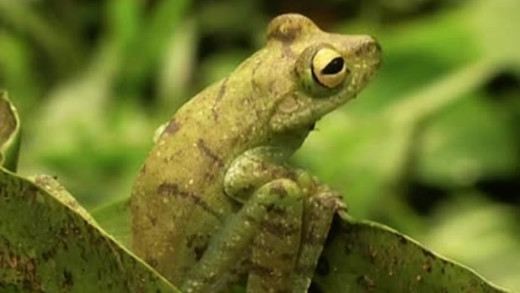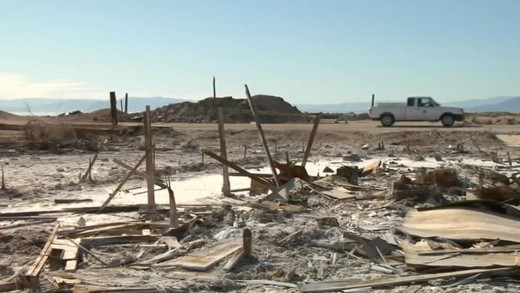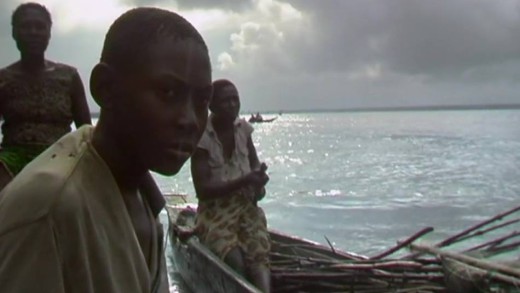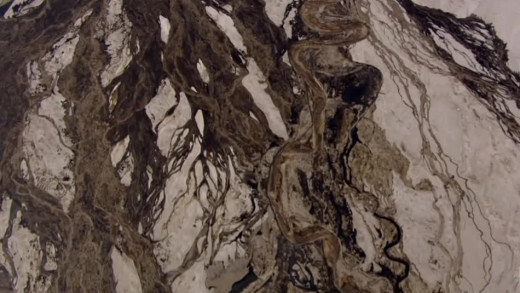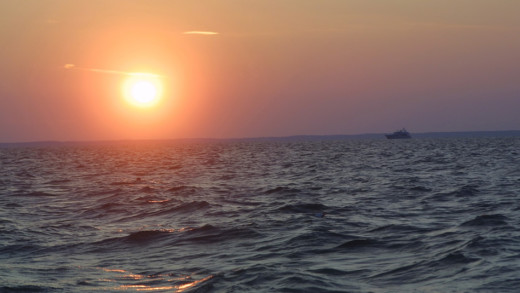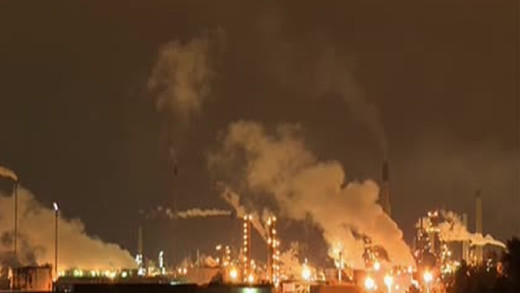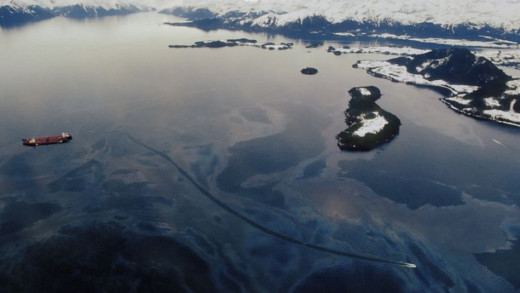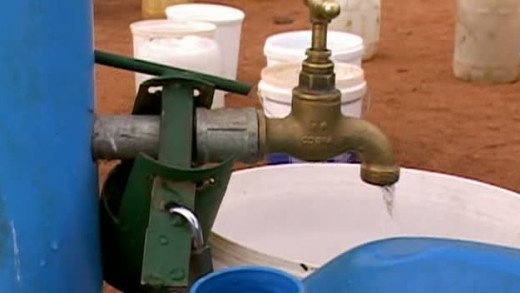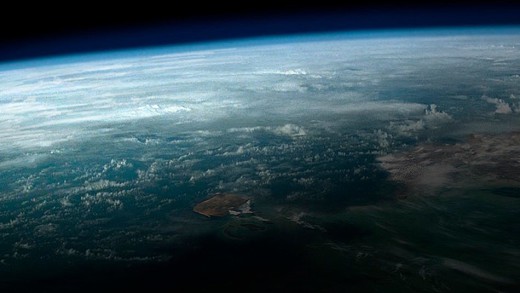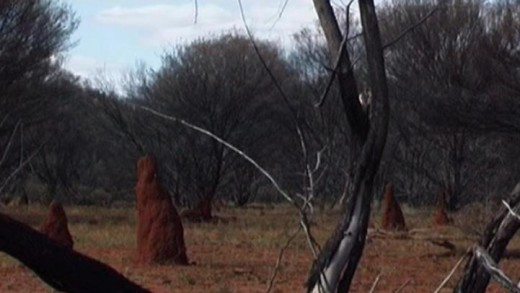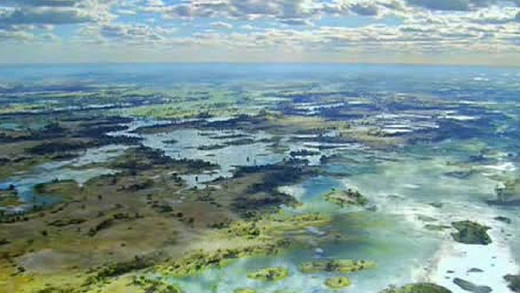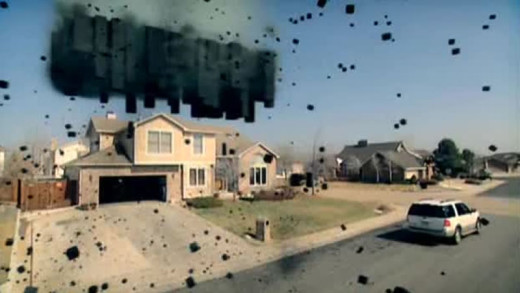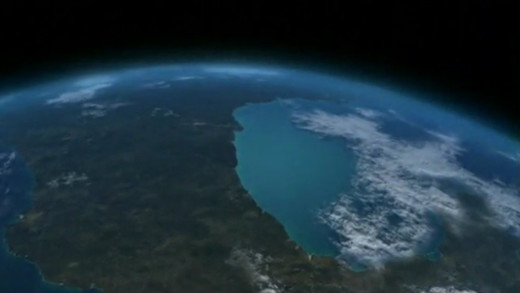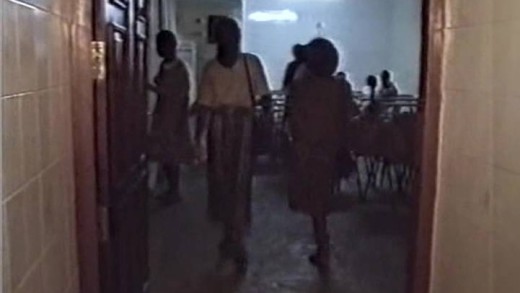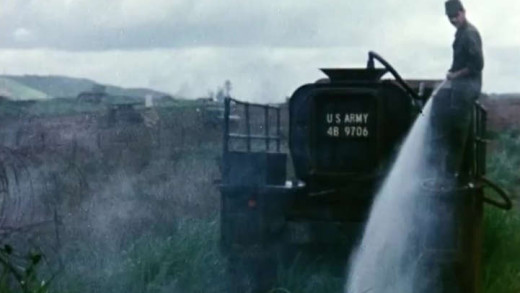All over the world, species are going extinct at an extraordinary rate--currently around 250 per day--a scale never before seen. Call of Life investigates the growing threat to Earth’s life support systems from this unprecedented loss of biodiversity by exploring the causes, scope, and potential effects of this mass extinction. The film also looks beyond the immediate causes of the crisis to consider how our cultural and economic systems, along with deep-seated psychological and behavioral patterns, have allowed this situation to develop and be reinforced, and even determine our response to it. Call of Life tells the story of a crisis not only of nature, but also of human nature; a crisis more threatening than anything human beings have ever faced...
Once advertised as the birthplace of a bright new future for the American Dream, Salton City, California is now crumbling into an apocalyptic landscape of pollution and desolate land. As farmers burn their fields, and the honey bee population dwindles, scum floats down the most polluted river in North America, which carries raw sewage, pesticides and factory waste from Mexico into the once-beautiful Salton Sea. Toxic Imperial Valley travels through these landscapes, meeting the squatters and other occupiers left, in what looks like the end of the world...
Sweet Crude
Sweet Crude is the story of how large oil corporations such as Shell and Chevron have absolutely decimated the Niger Delta, but the people are fighting back. The film shows the human and environmental consequences of 50 years of oil extraction against an insurgency of people who, in the three years after the filmmakers met them as college students, became the young of the Movement for the Emancipation of the Niger Delta (MEND). The movement is born after series of non-violent protests, and what the corporations and colonisers don't understand is that these people will fight for their land and emancipation until the end. Sweet Crude is their story of survival and armed resistance against corrupt governments and rapacious corporate power, amongst a complicit and collusive mainstream media.
Petropolis
Canada's tar sands are the largest industrial project ever undertaken--spanning the size of England. Extracting the oil and bitumen from underneath unspoiled wilderness requires a massive industrialised effort with far-reaching impacts on the land, air, water, and climate. It's an extraordinary industrial spectacle, the true scope of which can only be understood from an aerial view. Shot primarily from a helicopter, Petropolis: Aerial Perspectives on the Alberta Tar Sands offers an unparalleled view of the world's largest ever industrial project...
Poisoned Waters investigates some of the root causes of what we see worldwide with ecological collapse, dead-zones and pollution effecting oceans, rivers and watersheds. With a focus on major waterways in the United States such as the Chesapeake Bay and Puget Sound, the film follows the culmination of decades of evidence that today's systemic and growing environmental collapse comes not only from the toxic activities of industry, agriculture and massive suburban development; but also from the permeated satiety of chemicals in prolific consumer products such as face-creams, deodorants, prescription medicines and household cleaners. This is a startling reminder of the compounding threat facing our world and the need to act imperatively.
The Idiot Cycle investigates six major chemical companies—Dow Chemical, BASF, Bayer, Dupont, Astrazeneca and Monsanto—that are not only responsible for producing decades of cancer causing chemicals and pollution all across the globe, but also profit extensively from controlling cancer treatments and the production of drugs for those treatments. The irony is palpable. Also examined is how these very same companies own the most patents on genetically modified foods that have also never been tested for long-term health impacts like cancer. When there's dioxin in every mother's breast-milk, rivers throughout the world that no longer support life, cataclysmic environmental damage from industry and manufacturing—when do we say enough is enough?
In the early hours of March 24th 1989, the Exxon Valdez oil supertanker runs aground in Alaska. The ship discharges several tens of millions of gallons of crude oil. The incident becomes the biggest environmental assault in North American history, and in a flash, the news shoots across the planet along with footage of thousands of dead seabirds, sea otters and other marine life covered in oil, devastated. Thick black tides rise and cover the beaches of the once-pristine reefs of Alaska. Black Wave recalls this event, a generation later, by speaking with renowned marine toxicologist Riki Ott and the fishermen of the little town of Cordova, Alaska. They tell us all about the environmental and social consequences of the black wave that changed their lives forever—the legacy of the Exxon Valdez that still lingers today.
Flow—For The Love Of Water builds a case against the growing privatisation of the world's dwindling fresh water supply with a specific focus on human rights, pollution, the politic of corporate influence in the emergence of a domineering global water cartel. The film names and clearly documents many of the culprits, while asking the question—can anyone really 'own' water?
The Planet is a stylised observational video commentary that brings together an overview of the many global changes set about by industrial civilisation. Viewed through the myriad connections between consumerism and the false notion of a perpetually expanding economy on a finite planet, the film peers across the globe to reveal systemic exploitation; species extinction driven by industrial agriculture, logging, mining, manufacturing, pollution, the age of oil and plastic, etc; climate change; carrying capacity and population growth; while also positing that we—as in you and me—can do something, anything, to stop the destruction.
In July 2005, the Australian government announced its plan to open a radioactive waste-dump facility in one of three Department of Defence sites in the Northern Territory of Australia. With widespread community resistance by the indigenous people of the territory, No Where Here in the Middle documents the ongoing story of resistance to the dump and the fight to be free of toxins, poison, and a brutal occupation.
Following on from the series Planet Earth which looked at various forms of life across the globe, Planet Earth -- The Future highlights the issues of conservation and the future of the environments and species featured in the Planet Earth series. Using interviews with the film-makers and eminent figures from the fields of science, conservation, politics, and theology, the series poses questions around the effectiveness of the environmental movement, and the future of the planet. A lot needs to change in order to ward off catastrophe...
David Attenborough explores just how far climate change is altering our planet--from drought-stricken rainforest to declining polar bears, from flooded homes to bleached coral. Are We Changing Planet Earth? explores the evidence that it is industrial civilisation and the activities of humans which are radically changing the climate...
Over three programmes David Attenborough travels from Kenya to California to investigate the contesting claims about the current state of our planet. In the first programme he examines the extinction crisis, measuring the disappearance of some species against the mass of life that still remains undiscovered. Then the crisis is explored further by looking at the root causes, where finally, the last programme asks: What are the possible courses of action open to us to sustain the future of life?
Globalisation has gone to great lengths to coerce many countries around the world to open 'free trade zones' for Western markets, where businesses receive special tax benefits and other rewards for operating factories and exploiting cheap labour. The argument, as is always cited, is for growth of the global economy. Free Trade Slaves sets out to examine these ideas by looking at the realities of such practice. Told from the perspective of the workers in Sri Lanka, El Salvador, Mexico and Morocco; the film exposes systemic human rights abuses, harrowing environmental destruction, birth defects and other long lasting health problems and social issues. The filmmakers suggest that workers around the world need to assert the right to unionise and organise together to demand and retain decent conditions, and that consumers should do their part by boycotting companies that continue to abuse people and the environment.
Vietnam: The Secret Agent is an investigation of the history, effects, and implications of the deadly compound "2,4,5-T," a main ingredient of the chemical weapon code-named Agent Orange, which the United States sprayed throughout Vietnam during 1961 to 1971. Its toxicological effects are still seen today, generations later: cancers, birth defects, physical deformities, deaths, contaminated soil in which dioxins bio-accumulate and concentrate in the food cycle. The chemical started as a herbicide in agriculture from the 1940s to 1970s, but was the first to be used in war, to similar effect. The film focuses on the exposure of these toxins to both citizens and soldiers alike, exposed through the lens of archival and battle-field footage, in support of interviews with veterans, scientists, attorneys and representatives of Dow Chemical--the company that made the chemical weapons--and the United States government, that used them against the world.
